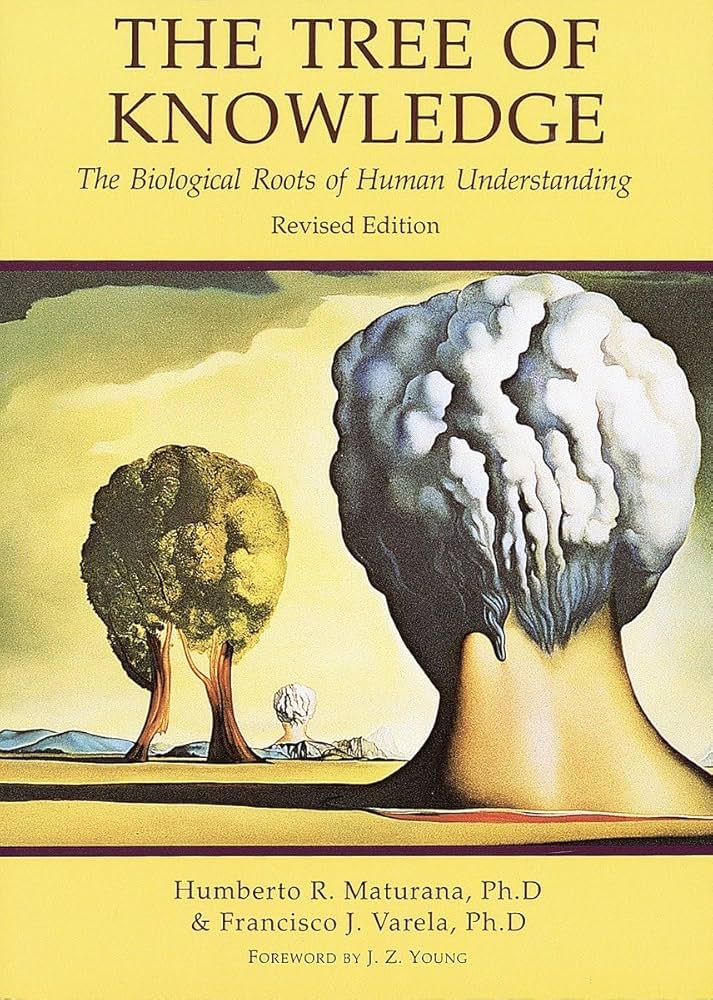
Steps to an Ecology of Mind: Collected Essays in Anthropology, Psychiatry, Evolution, and Epistemology
Book Description
What if the key to understanding the complex web of life lies in the connections we make? Gregory Bateson unravels the intricate tapestry of human experience in *Steps to an Ecology of Mind*, weaving together essays that challenge conventional thought across anthropology, psychiatry, evolution, and epistemology. Each page plunges into the depths of communication, revealing startling insights that blur the lines between mind and environment. Revelations on the interconnectedness of all things ignite a profound dialogue about knowledge and perception. Can the mind truly grasp the chaos of existence, or is it merely an observer in a greater cosmic drama?
Quick Book Summary
Gregory Bateson's "Steps to an Ecology of Mind" is a groundbreaking collection of essays that fuses insights from anthropology, psychology, evolutionary theory, and epistemology to illuminate the interconnectedness of systems in both nature and human society. Bateson explores how patterns of communication and perception shape our understanding of reality, emphasizing the recursive relationships between mind and environment. He challenges linear and reductionist thinking, urging readers to appreciate the multiplicity of feedback loops and the holistic nature of learning and adaptation. Through essays on topics such as schizophrenia, animal learning, and the philosophy of science, Bateson constructs a rich tapestry illustrating how science, culture, and biology are inextricably linked. The book ultimately calls for a deeper ecological consciousness and an appreciation of the complex, dynamic processes that sustain life and meaning.
Summary of Key Ideas
Table of Contents
Cybernetics and Systems Thinking
Bateson opens with a critique of traditional scientific thinking, targeting its focus on isolated parts rather than holistic systems. He introduces cybernetics as a way to comprehend complex networks of causality and recursive feedback. According to Bateson, understanding living systems requires us to see the patterns that connect not only biological species but also habits, social structures, and ecological relationships. These patterns, he argues, are often missed by reductionist approaches that fragment phenomena into discrete components.
Communication and the Nature of Mind
Communication is at the heart of Bateson's ecological view of mind. He explores how information flows among organisms and within societies, using examples from animal behavior, psychotherapy, and linguistics. Bateson posits that meaning is produced in the interplay between signals and context, not merely in the messages themselves. This insight leads to a discussion of the "double bind" theory of schizophrenia, where individuals are caught in conflicting communicative demands, illustrating how systemic communication patterns can have profound psychological effects.
Patterns, Feedback, and Learning
A key theme in Bateson's work is the role of feedback loops in learning and adaptation. Drawing upon examples from evolution and cybernetics, he shows that organisms, families, and even societies learn not by linear accumulation of knowledge, but through complex cycles of trial, error, correction, and reinforcement. Bateson extends this logic to cultural transmission, suggesting that rituals, myths, and traditions function as software for collective learning, sustaining the identity and coherence of groups across generations.
Epistemology and the Limits of Knowledge
Bateson delves into epistemology, examining the limits and biases of human cognition. He warns of the dangers inherent in separating mind from nature, or observer from observed, arguing that our knowledge is always shaped by the patterns of relationships in which we participate. This critique applies not only to scientific method but also to everyday thinking. Bateson suggests that genuine understanding comes from recognizing our embeddedness in networks and the impossibility of absolute objectivity.
Ecological Consciousness
The book culminates in a call for ecological consciousness, urging readers to integrate scientific and spiritual perspectives on the interrelatedness of all things. Bateson advocates for a shift in worldview—from control and domination toward partnership and stewardship. By developing a sensitivity to the "ecology of mind," we are better equipped to navigate the ethical and existential challenges of modern life. Ultimately, Bateson offers not just analysis but a guide for thinking and living more sustainably within the web of life.
Download This Summary
Get a free PDF of this summary instantly — no email required.





